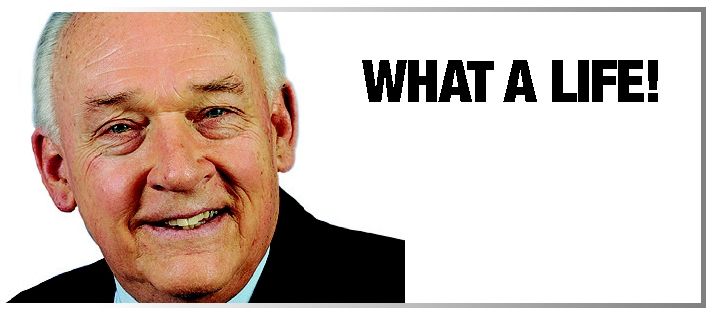
Breaking: Louviere spared execution
April 21, 2015
Audrey Gibson
April 22, 2015Pope Francis stood in front of the Holy Door of St. Peter’s Basilica on April 11 and handed copies of a document to Vatican officials proclaiming the 2015-16 a Holy Year of Mercy. Mercy is what makes God perfect and all-powerful, Pope Francis said in his document called “The Face of Mercy.” “If God limited himself to only justice, he would cease to be God, and would instead be like human beings who ask merely that the law be respected.” The year will begin on December 8, 2015.
In his homily for evening prayer in St. Peter’s Basilica on Divine Mercy Sunday, the pope said he proclaimed the Year of Mercy because “it is the favorable time to heal wounds. It’s a time not to be weary of meeting all those who are waiting to see and touch with their hands the signs of the closeness of God, a time to offer everyone the way of forgiveness and reconciliation.”
The boundless mercy and forgiveness of God have been constant themes of Pope Francis’ preaching. The Old Testament stories show how God repeatedly offered mercy to his unfaithful people and the New Testament stories of Jesus’ compassion, healing and mercy demonstrate, “the mercy of God is not an abstract idea, but a concrete reality through which he reveals his love,” just like mothers and fathers love their children.
The Pope urged all Catholics to spend more time practicing what traditionally have been called the corporal and spiritual works of mercy. The corporal works are: feeding the hungry, sheltering the homeless, clothing the naked, visiting the sick, visiting the imprisoned, giving drink to the thirsty and burying the dead. The spiritual works are: converting sinners, instructing the ignorant, advising the doubtful, comforting the sorrowful, bearing wrongs patiently, forgiving injuries and praying for the living and dead.
Recognizing God treated them with mercy, he said, “Christians are obliged to treat others with mercy. In fact, the Gospel says that Christians will be judged by the mercy they show others.”
“This is a time for the church to rediscover the meaning of the mission entrusted to her by the Lord on Easter: to be a sign and an instrument of the Father’s mercy. Consequently, the Holy Year must keep alive the desire to know how to welcome the many signs of the tenderness that God offers to the whole world and, above all, to those who suffer, who are alone and abandoned, without hope of being pardoned or feeling the Father’s love.”
The Pope said that the Year of Mercy is also a way to keep the Second Vatican Council alive. “The walls that too long had made the church a kind of fortress were torn down and the time had come to proclaim the Gospel in a new way.” The council recognized “a responsibility to be a living sign of the Father’s love in the world.”
The life and action of the church “are authentic and credible only when she becomes a convincing herald of mercy” that “knows no bounds and extends to everyone without exception.” Preaching mercy is different from ignoring sin or withholding correction. Instead, mercy invites repentance and conversion and ensures sinners that God doesn’t just forgive sins, he forgets them.
“At times we might find it to forgive,” he said. “Yet pardon is the instrument placed into our fragile hands to attain peace of heart. To let go of anger, wrath, violence and revenge are necessary conditions to living joyfully.”
The Pope set Dec. 8 as the feast of the Immaculate Conception and the 50th anniversary of the closing of the Second Vatican Council.
… mercy invites repentence and
conversion and unsures sinners that God doesn’t just forgive sins, he forgets them.







